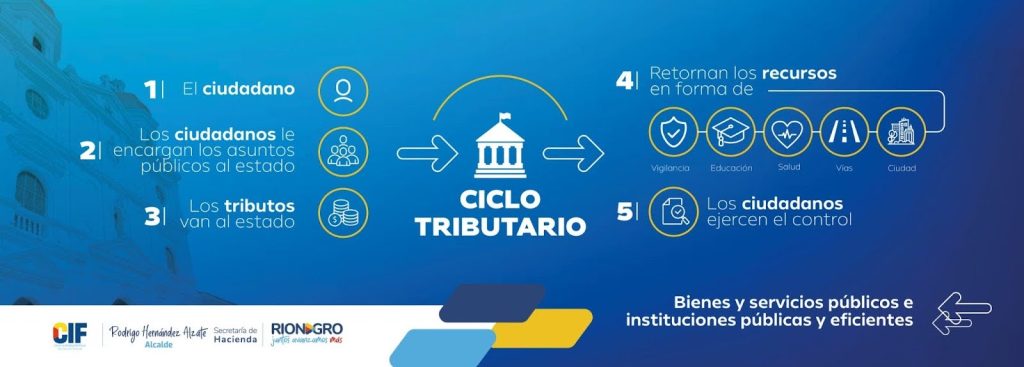Rionegro, Colombia
Leveraging Data for Fiscal Sustainability
Project Type:
Community Engagement, Infrastructure, Public Safety, Transportation
At a Glance
Has one of the lowest unemployment rates for mid-sized cities in Colombia at 7.5% in 2023, compared to the national unemployment rate of 9.3% in 2023.
Created the Tax Intelligence Center (CIF), through which the City developed its internal data management capacity and increased tax revenue by USD $14,000 in 2022.
In 2021, improved public safety by increasing the number of cameras throughout the City from 65 to 337, which has corresponded to reductions in theft, sexual and domestic violence, and extortion.
Implemented a data-driven triage system for hospital emergency rooms, saving the city $377,500 USD in operating costs (a 91% decrease according to the Secretary of Family, Health, and Social Inclusion).
In recent decades, Rionegro, Colombia, has invested heavily in sectors to improve quality of life for residents, such as housing, sanitation and public spaces. However, this investment has come at a cost, and since 2017, the Rionegro government has operated with a budget deficit. At the same time, the population of Rionegro has grown and its economy has diversified. At the same time, Rionegro’s population has grown and its economy has diversified, and while these developments open opportunities for Rionegro, they also come with challenges.
In response, Rionegro created the Fiscal Intelligence Center (CIF). CIF is a comprehensive citywide initiative to use analytics and business intelligence to monitor, manage, evaluate and optimize Rionegro’s financial decisions, notably regarding taxes. Through this data-driven approach, the City is better able to combat tax evasion by using data to choose who to audit. CIF’s work to revamp tax collection is about more than making sure residents contribute their fair share—it aims to transform the culture through taxpayer outreach so that residents see themselves in Rionegro’s development and build trust in city government.
What are CIF’s results?
Rionegro’s industry and commerce revenues increased by 22% in 2022 and another 24% in 2023.
Residents and city staff alike understand that more revenue means more opportunities for the government to address issues that matter, such as employment, security, community projects and health care.
.
For instance, Rionegro struggled with overcrowded emergency rooms as residents, especially those from rural communities, flocked to emergency rooms with non-emergency needs. In 2022, Rionegro found that 93% of patients were admitted to emergency rooms for non-emergency services.
With strong data practices and increased revenue, Rionegro launched the Te Acompaño platform in coordination with other health service institutions. Te Acompaño helps redirect patients who might not need emergency services from emergency rooms and educate them on how to best seek alternate forms of care. Within the first year, the platform reached 8,000 users, helped improve health care resource savings by 91%, and saved the city’s health care system USD $377,500 in operations costs. In a resident survey, 93% of Te Acompaño users said they were satisfied with the service.
CIF is not a behind-the-scenes government initiative, it’s a program that directly impacts residents. From health care to mobility to employment, Rionegro’s residents are seeing how increased digitization and efficiency allow the City to provide better services and build trust with residents.
“With the commitment, support and coordination between the municipal administration and all the actors in the network, it will be possible to improve access and opportunity to health services.”
